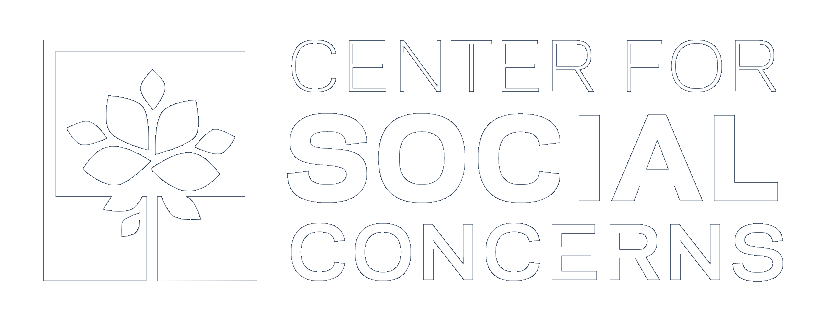This year, more than 150 Boston College students who are enrolled in “The Educational Conversation” are exploring what it means to be educated and considering how that should impact their time in college.
“”We like to start by giving students a chance to reflect on what they have just been through. What was the point of all of those years of schooling? In what ways is schooling educative or possibly miseducative? What is the place of schooling in your overall formation? And now that you’re here, pursuing higher education, what does that mean and how are you going to set your compass?” said Chris Higgins, Chair of the new Department of Formative Education in the Lynch School of Education and Human Development at Boston College. “Satisfying one of BC’s Core philosophy requirements, The Educational Conversation is designed both for Transformative Educational Studies majors and for students across the university. We draw students not only from Lynch but also from the College of Arts and Sciences and the School of Management. And this is what educational studies is all about: giving future citizens a chance to think together about how to educate the next generation.”
The Lynch School launched the new Department of Formative Education this summer to explore how to develop people as whole human beings across their lifespan and to develop scholarship that can inform how Boston College and other institutions of higher education can educate students to lead lives of meaning and purpose.
“We take a humanistic approach to explore questions such as ‘when did we invent schools, and why? What are their affordances and limitations? How might they need to evolve to help us contend with the great challenges of the day?’” Higgins said.
The Transformative Educational Studies major sits in the new department, and they are also launching master’s and doctoral programs.
“Boston College as a whole is committed to formative education, but we are going to be the academic hub for those efforts to promote intellectual, social, ethical, and spiritual development and help students cultivate character, expand their imagination, and explore purpose.”
The department also houses the Formative Leadership Education Project, an initiative funded by a grant from the Kern Family Foundation to support a nationwide network of leaders in education who are committed to formative character education.
Higgins, who is also author of The Good Life of Teaching: An Ethics of Professional Practice and the forthcoming Undeclared: A Philosophy of Formative Higher Education, is passionate about the philosophy behind their pedagogy; however, his true passion is the hands-on work of engaging students.
“I tell students, you are right now trying to give yourself an education. These questions bear directly on your getting up in the morning and what you do every day,” he said. “I’m getting good feedback, students telling me they are starting conversations in their dorms about these things. When we hear that the conversations are spilling over into spaces outside the classroom, and that students are asking each other ‘what are we doing here? What is a university?’ then I get really excited.”



